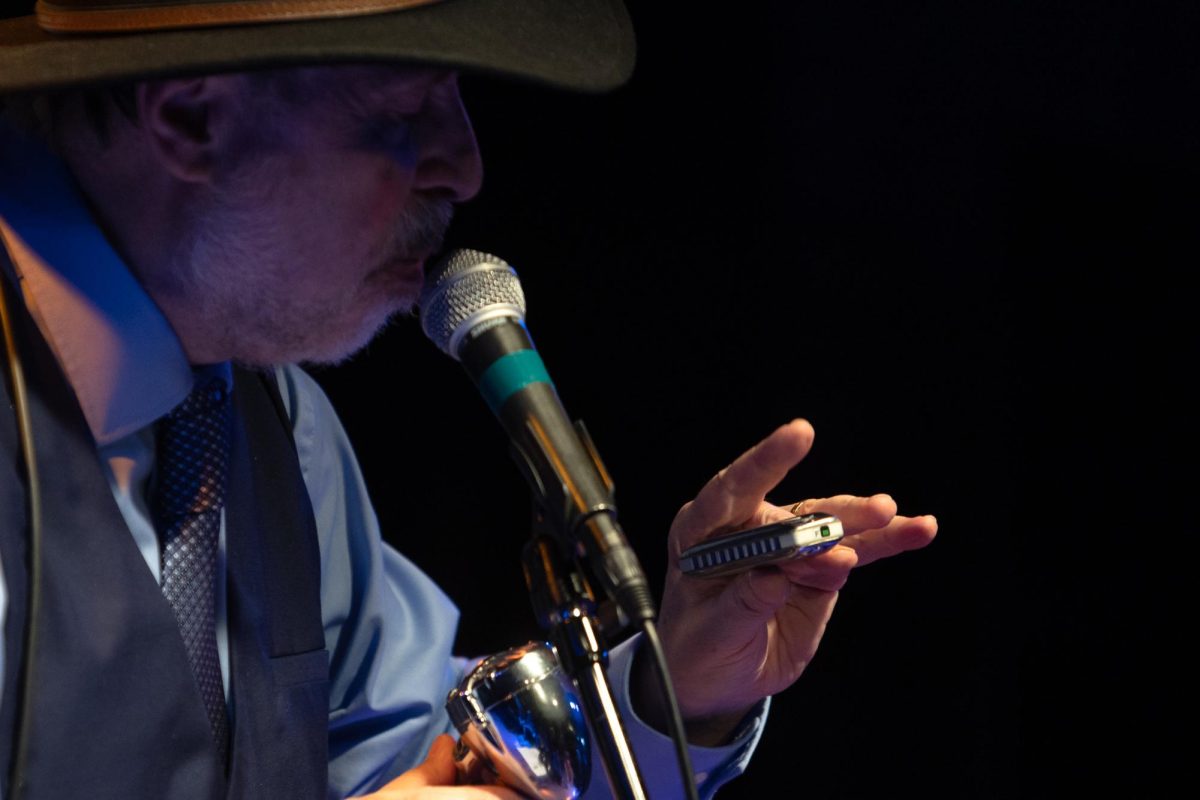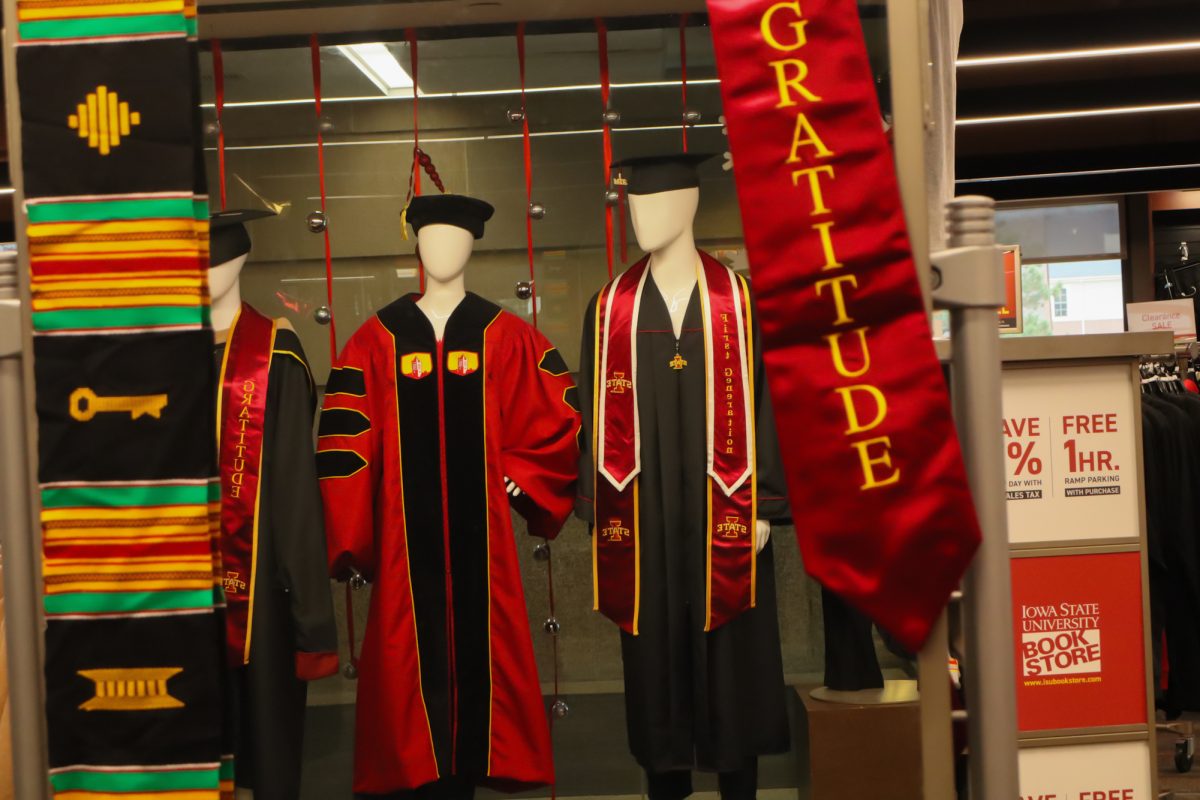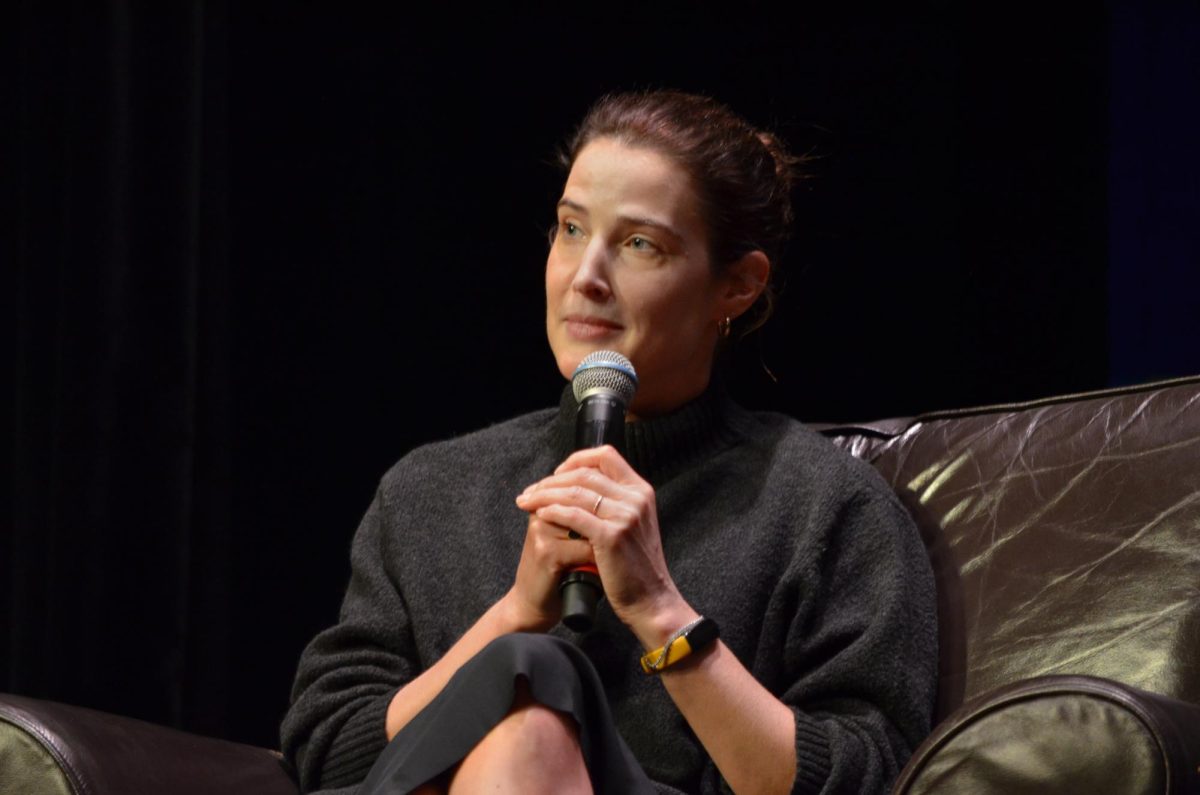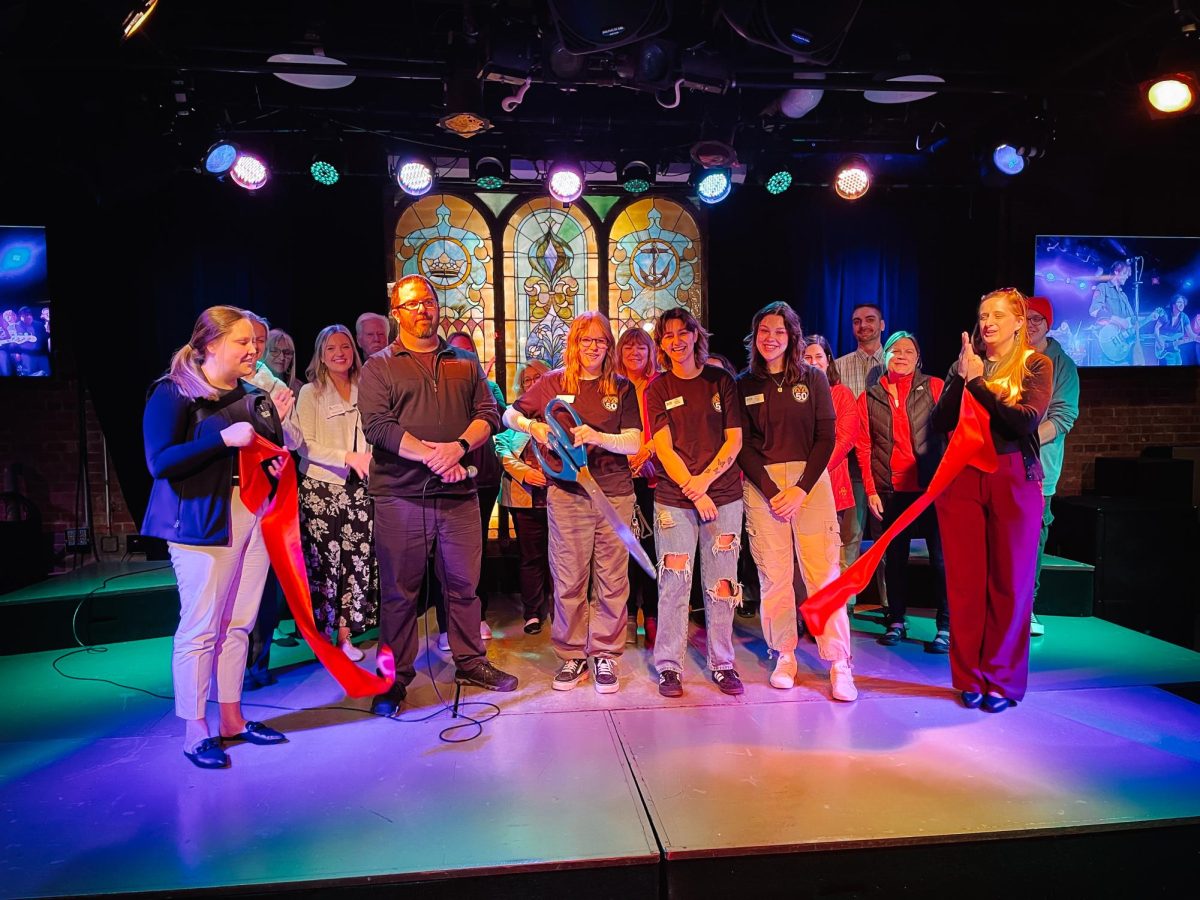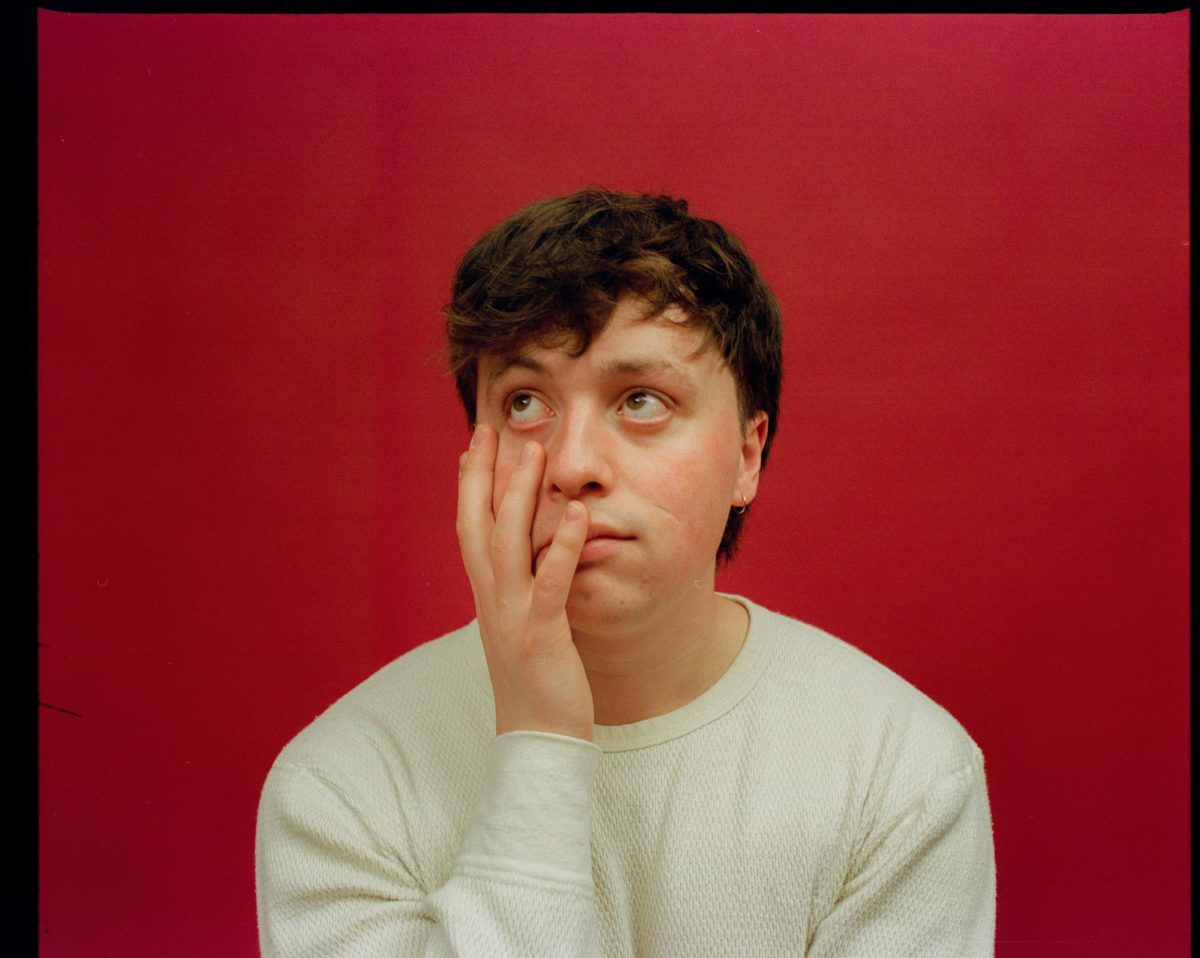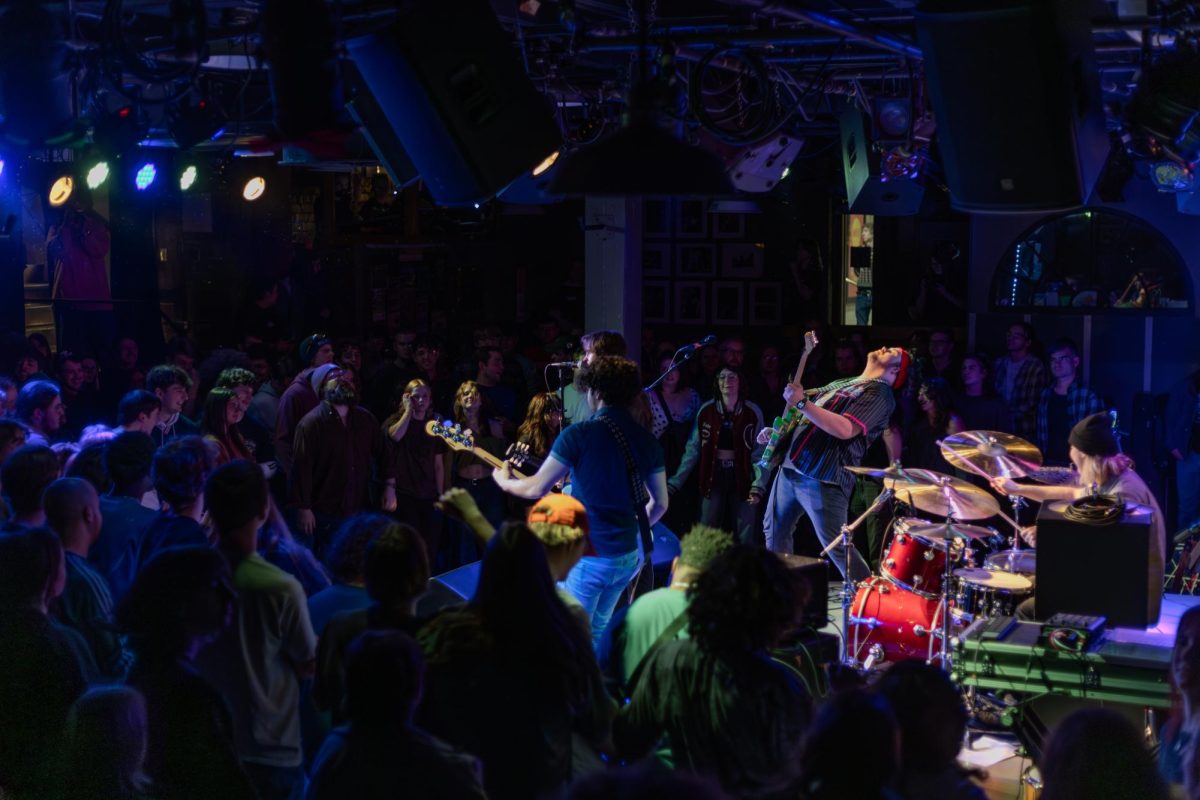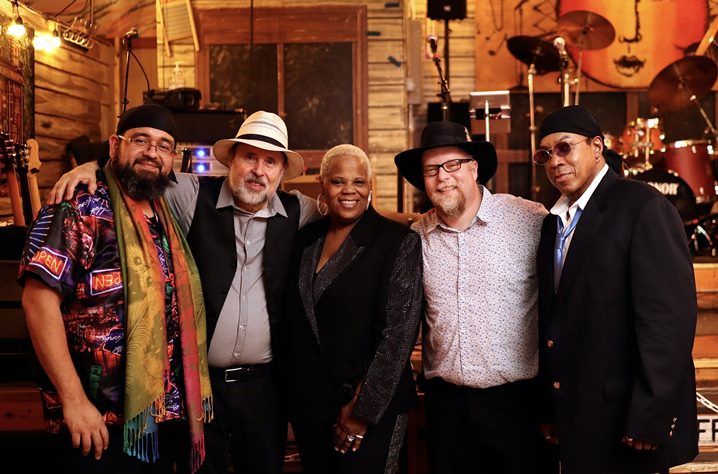On the Maintenance Shop’s stage, lined up like a platoon of soldiers, Pierre Lacocque’s harmonicas stood snugly in their case. When the sound check wrapped up, Lacocque put his last harmonica back in its case, tied his tie and headed up to the green room. As crowds flowed through the doors, M-Shop Co-Director Ary Bermeo wondered if they would have enough chairs to seat the growing crowd. As the house lights dimmed, a packed M-Shop cheered when Mississippi Heat stepped on stage.
The Chicago blues band, co-founded by Lacocque in 1991, wasted no time and began playing. From the first note, the room was glued to the stage; feet were bouncing, hands were tapping and all eyes were on Lacocque. Throughout the set, Lacocque would flap his hands against his harmonica while shaking his head so ferociously it looked like he was speed-eating corn on the cob. When a solo was getting particularly intense, an occasional “oh yeah!” or “come on baby!” could be heard from the crowd.
Attendee Susan Radke went to her first blues concert while attending the University of Iowa in the late 1960s and said the blues speaks to her heart.
“How could you not love the blues?” Radke said.
For Lacocque, the leader and main songwriter for Mississippi Heat, music has been with him most of his life. His father gifted him a harmonica when he was a boy, and at 16, after leaving Belgium and moving to America, Lacocque saw his first blues show at the University of Chicago in Harr Park.
“It was like a religious experience,” Lacocque said.
Inspired and young, Lacocque went to Montreal to attend college, where he continued to play the blues. After graduation, Lacocque decided to start gigging full-time, primarily playing for OVEN, a Montreal blues group. At 24, financial hardships drove Lacocque away from music and down an intellectual path. He eventually became a clinical psychologist but couldn’t keep the blues bottled up for long. At 36, after feeling that something was missing, Lacocque decided to pick up the harmonica again.
“I feel this music makes me feel understood,” Lacocque said.
Lacocque said the blues are like the Bible, that they transcend language and culture. However, he said the blues’ past, one rooted in slavery and hardship, has pushed younger generations away from the genre.
“Some African American people, some young, maybe even old, don’t want to be reminded of the history of that music,” Lacocque said. “It’s hollers in the field, you know. It’s people suffering.”
Lacocque said he sees more rhythm and blues music being played in Chicago clubs but said the blues usually comes and goes in cycles. In the 1970s, funk blues was all the rage, according to Lacocque. Eventually, in the 1980s and 1990s, traditional blues made a comeback.
Lacocque said he has great respect for those who played before him and for their struggle. He said knowing that others have felt loneliness, extensional dread suffering is part of the reason he loves the blues.
“Art, not only music but art in general, can really provide some kind of answer…some kind of soothing,” Lacocque said.


